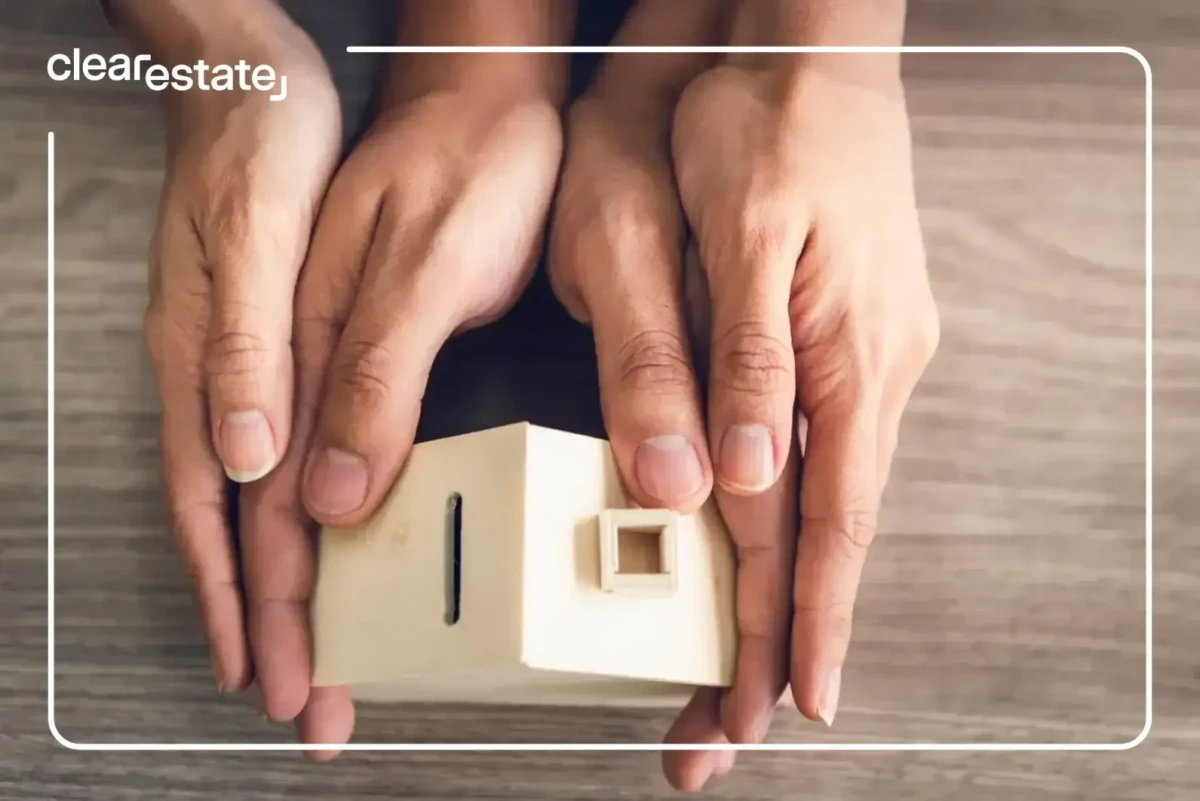Estate Settlement
Dec 04, 2024
How to Stop Mail for a Deceased Person: 5 Steps
Learn how to stop mail for a deceased person with our 5-step guide to protect their identity and ease estate management.
While many assets need to go through probate in Florida, there are specific exceptions which can save families significant time and money.


Being able to reduce or even skip probate entirely after a loved one passes not only makes it easier on those left behind, but also saves the executor and the deceased’s loved ones a lot of money and time. To put it simply, probate is the court-supervised process of validating the will and the distribution of assets in a deceased’s estate.
However, there are some assets that do not need to go through probate and can instead be transferred directly to a beneficiary, thereby reducing the need for a lengthy court process.
Revocable Trusts and Designated Beneficiaries: Using a revocable trust for assets means that ownership of the assets passes to the trust. Named beneficiaries will then inherit each specific asset, whether that be property or liquid funds.
Payable-on-Death-Accounts: Accounts at financial institutions such as banks and credit unions may be transferred automatically if the decedent was the only owner of the account but named a recipient who should receive the account’s funds in case of death. For jointly held accounts, the surviving owner typically becomes the sole owner of the account without the need for probate.
Joint Accounts with Right to Inherit: Joint retirement accounts, unless willed to a designated beneficiary, will fall to the surviving owner who can then continue the contract or work with a financial advisor to set up a new one.
Tenancy By Entireties: Florida law designates that surviving spouses automatically become the sole owners of any asset that was jointly held by the couple. Vehicles and residences are common examples of Tenancy By Entireties and are exempt from probate. As with other forms of joint ownership, the assets can still be willed to someone else, but will lose exemption.
Furniture and appliances valued up to $20,000 in the deceased's primary residence are exempt.
Two vehicles may also be transferred without probate as long as they were regularly used in the decedent's name.
Even certain types of tuition programs and educator benefits are transferable without a trust or probate.
If no beneficiaries have been named and the asset was only in the decedent's name, then it will go through probate. Insurance policies, investment portfolios and retirement accounts all require a trust or beneficiaries to skip probate during an estate settlement.
The caveat for this is Florida's transfer policy on primary residences or homesteads in Florida, as any parties listed as "tenants in common" may inherit the property and bypass probate. If the property is instead written out with the ownership being held by the "tenants in entirety", it will go directly to the surviving spouse without the need for probate.
It can quickly become overwhelming going through the process of probate in Florida. Our team is highly experienced in estate planning and probate, and we’re here to help families every step of the way. Don't let probate fees and processing times drag on: Contact us today for a quick free consultation and learn how easy estate settlement can be.
 Simplify Probate Today
Simplify Probate Today
Get expert guidance from our specialists who've helped 10,000+ families.
Book a free consultation